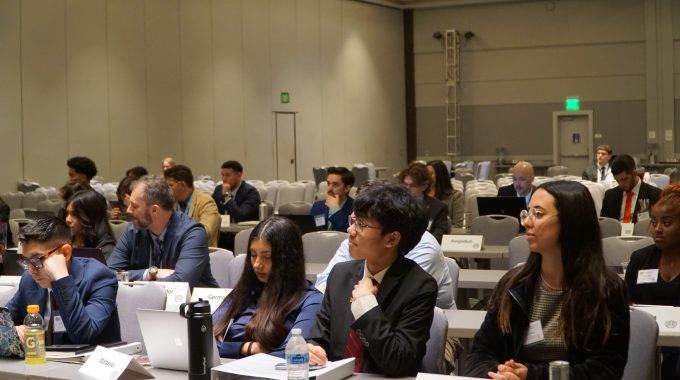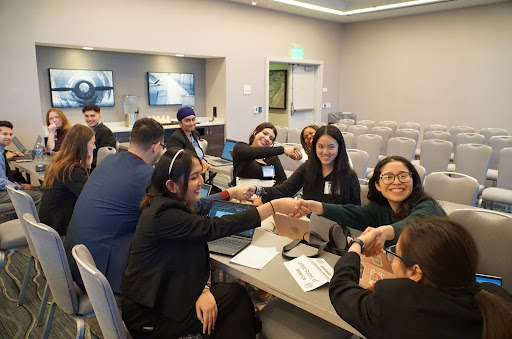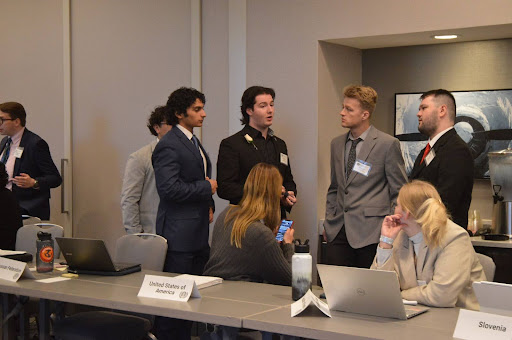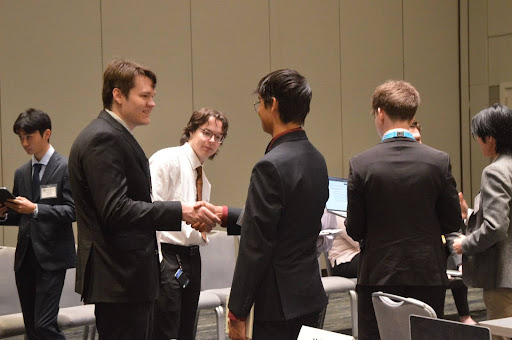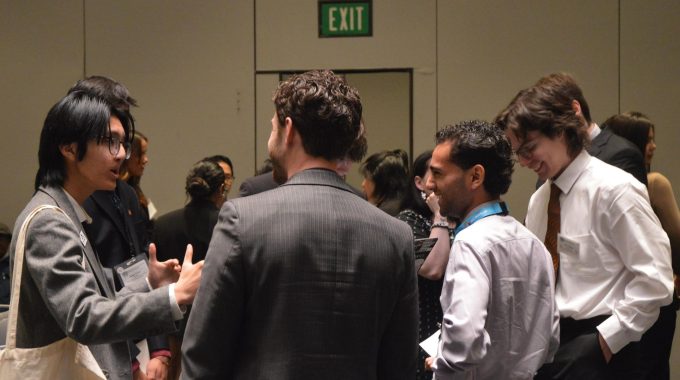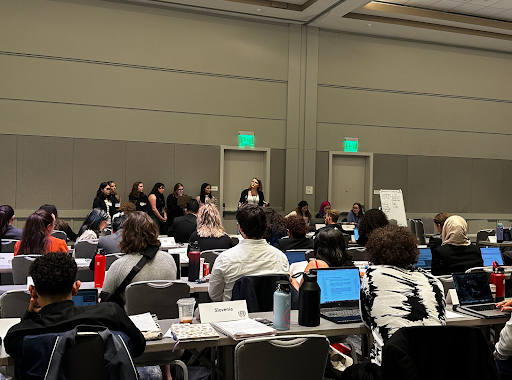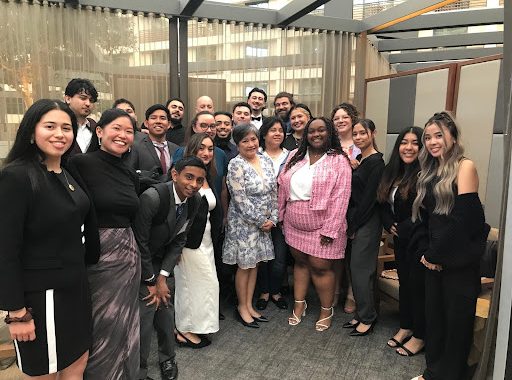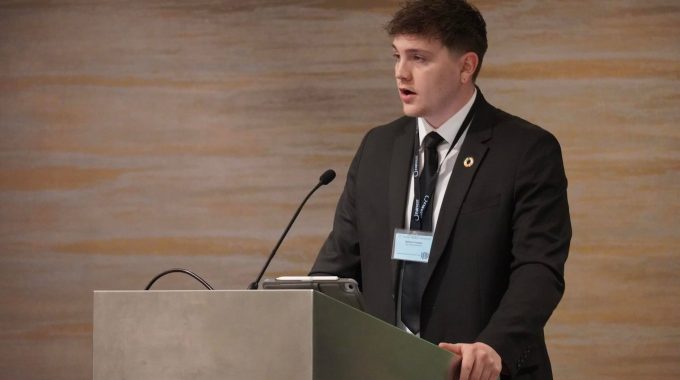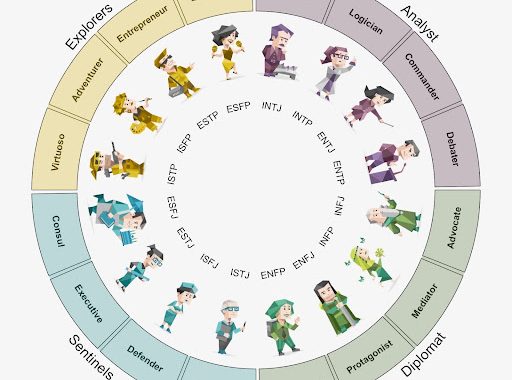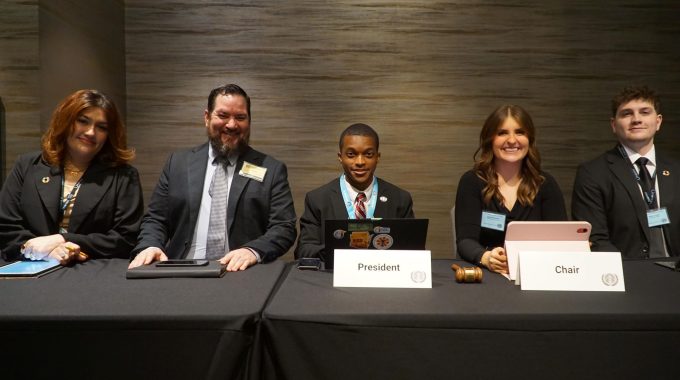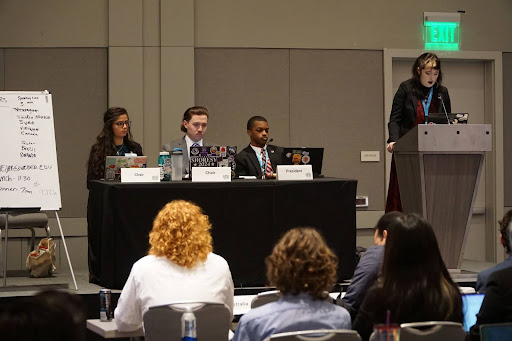Then and Now: Interviews
Model UN dates back to 1951, over 73 years ago. So much has changed since then within the student oriented group. What began as simulations called ‘international assemblies’ is now a worldwide opportunity to congregate and discuss the world on a political and legal sphere. As the 73rd conference comes to a close, let’s hear from our senior members and how their time contrasts with the newer members of the Model United Nations.
We start with American River College’s MUN club faculty advisor, Michael Nakada. He started at the aforementioned college as a student himself. Having heard about Model UN club in high school, it further sparked his passion for learning about the world and its cultures and political processes. As he puts it, “..I thought I’d go to ARC because of the program they have.” Nakada was a delegate for two years and attended his first conference 9-10 years ago. Today he is a professor at ARC and continues to guide new students in what was once his own passion, but now as a sit-back advisor. In his opinion, his experience was “..incredibly positive. I definitely attribute Model United Nations to helping build my confidence, with public speaking, with networking […] it was very transformative being apart of the club and being apart of the conference.”
Grant Latour, a student from Long Beach’s California State University representing Saudi Arabia would also get his interest in MUN from high school, having done it all four years. He would take a hiatus for his freshman year of college and make a return during his sophomore and junior years, making it his sixth time at the MUN conference as a delegate. The incentive of joining for Latour would be as he puts it, “..Honestly just the engagement. Getting to meet new people, getting to see people from different backgrounds, its really cool.” Many such seniority level MUN members seem to have a knack for wanting to indulge in the diversity of the world, choosing Model UN as a starting point to get to know the world around them.
I also had the pleasure of talking to new recruits such as Ahmed Metwally, a first time delegate representing the country of Belarus. He told World Press he joined because this “..was an opportunity to get international exposure.” Miriam Greene McCutchan, a new MUN member from Weber State University in Utah, was appointed to the FAO council as the Nicaraguan delegate at the guidance of her instructor, citing that the committee dealt with topics that McCutchan is very much involved and interested in. So while students join at their own discretion, some are incentivized to join to learn about things they adhere to in their studies.
Overall the consensus of new and old students, chair members, and other important members seemed to revolve around the willingness to learn about the world around them. And how vital that is for today’s world, as the changes become more rampant it calls for more people to get involved.

